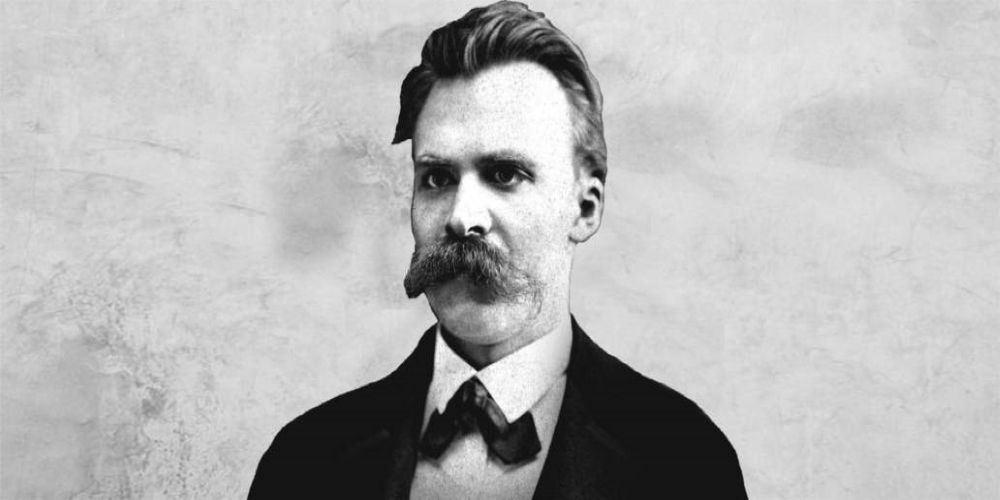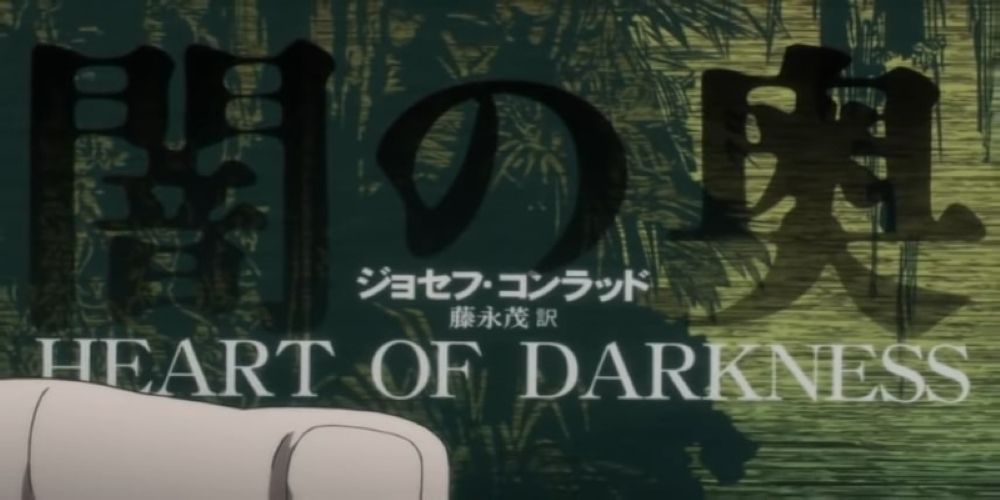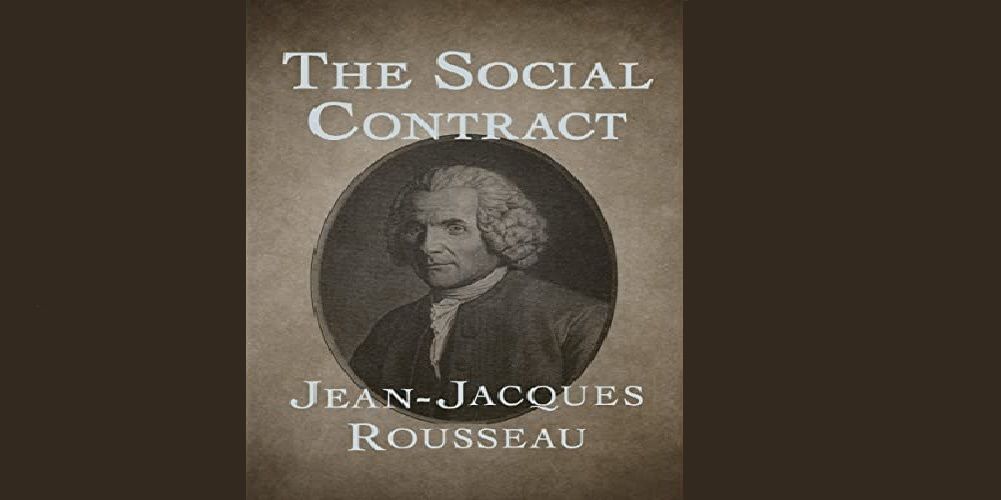As you venture into the city of Tokyo in 2112, you can’t help but notice a hint of melancholy mixed with a boatload of fear in the atmosphere. Psycho-Pass immaculately portrays the idea of a neo-autocratic dystopia where your fate lies entirely in the hands of machines. Of course, there are plenty of questions that are raised on the basis of this newfound order of justice, the Sibyl System.
For starters, what exactly constitutes the probable cause of committing a crime IN THE FUTURE? What if something traumatic happens to you that adversely affects your state of mind? Why should you be deemed a latent criminal then and there when you have done no harm? Psycho-Pass fans wouldn’t be surprised to know that a lot of these beliefs are, in fact, influenced by real-life philosophies as well as literary pieces. Let’s take a look at the most plausible ones that have been seamlessly incorporated into the show.
10 George Orwell's 1984
If you're a keen observer, you must've noticed the literary piece 1984 by George Orwell in episode 4, "Nobody Knows Your Mask," that Makishima is reading.
This book discusses the dangers associated with a totalitarian government, highlighting a figure known as The Big Brother who is always watching and instilling fear into the populace. Does it sound like something in Psycho-Pass? Hmmm, that's a thinker.
9 Friedrich Nietzsche's Beyond Good and Evil
Nietzsche expressed his belief that the very notions of good and evil were arbitrary and mere tools developed by the ones in power to control the weak. He went on to argue that the one who controlled the system was Beyond Good And Evil.
Of course, these beliefs align with those of Makishima's because he knows that the Sibyl System inhibits humans from achieving their true potential, just as Nietzsche believed.
8 Joseph Conrad's Heart of Darkness
In episode 13, "Invitation from The Abyss," Kogami is seen reading the book, Heart of Darkness. You'd be surprised to know that its antagonist, Kurtz, and Kogami share striking similarities in their personalities.
In this novella, Kurtz slowly descends into madness after witnessing horrendous acts that provoke him to turn to evil himself, an immaculate analogy for Kogami's thirst for vengeance.
7 The Works of Rousseau
Psycho-Pass also draws inspiration from Rousseau, a philosopher with strong beliefs regarding free will and the government's hold over the people. In his work, The Social Contract, he argues against the sovereign power of elected officials, asserting that it is the people who truly have the power to decide and bring justice.
He also expressed his views against the chains of society and their implication for individual growth that is discussed throughout the show.
6 Plato's The Republic
In The Republic, Plato's sheds light on the general order and justice in a society. He expresses the idea that politics is merely a game of manipulation where the masses are programmed into believing the authority's notion of right and wrong.
All of Plato's beliefs, as laid in this 10-book work, are meticulously crafted into the overall theme of the show, forcing viewers to dig a little deeper. Plato's beliefs about art and illusion replacing reality are particularly significant throughout.
5 Determinism: Human Behavior Is Predictable
The theory of determinism argues that human behavior is highly predictable and that all moral choices are directly linked to previous events and causes. In light of this viewpoint, the Sibyl System should work flawlessly. However, later on, viewers come to see that the system is fallible.
This very system, the absolute order of justice, deemed Makishima to be an individual incapable of wreaking havoc on society even though he had already performed gruesome acts in the past. This is the very reason that, as the show continues, it serves to counter determinism with more plausible approaches that appear later in this article.
4 Nihilism: Makishima Shogo – Sibyl’s Blind Spot
Nihilism suggests that people have no real meaning or purpose in life; thus, potentially serving as the very basis of destructive human behavior. Makishima Shogo’s was one of the very few Psycho-Passes that could not be calculated by the Sibyl System – deeming him a Criminally Asymptomatic individual.
Makishima’s character exhibits a complete and utter disregard for human life. This is demonstrated in episode 11, “Saint’s Supper,” where he slits a woman’s throat while keeping a straight face and exhibiting a non-threatening Psycho-Pass.
3 Utilitarianism: What’s Best for The Society
The very notion of utilitarianism stands for actions based on the amount of good they cause in society overall. If a person is viewed as a potential threat to society, it is in the interest of every individual that they are taken care of according to their state.
Taking a look at things from a contrary perspective, however, one could argue that because an individual is deemed bad before doing anything harmful, a general fear of inevitable fate gets ingrained into society. So, is it really for the collective good or is it actually doing more harm than good?
2 Deontology: Akane Tsunemori’s Morality
Akane Tsunemori serves to personify the philosophies put forth by Immanuel Kant regarding morality and the righteousness of any action. Kant’s theory of morality revolved around two simple questions that you can ask yourselves before proceeding with an action. First, is it rational to expect that everyone else performs this action as well? Second, will this action enable others to achieve their goals? If the answer is yes to both, then the action is deemed morally right.
Circling back to Akane’s character, in the very first episode, “Crime Coefficient,” you see Akane battle determinism with deontological thinking. In that episode, the Sibyl System brands a victim of abuse as a latent criminal who should be executed. Akane is of the view that she, the victim, should be exonerated and protected. As Kogami proceeds to take action against the victim, Akane shoots him instead. Her action was morally right because 1) everyone should understand that people can be emotionally distressed without being an actual threat to society, and 2) it did enable the victim to live on and try to better herself.
1 Revenge: An Eye for An Eye – Kogami’s Obsession with Makishima
Aristotle’s definition of anger deals with the cause of that anger. If it is because of perceived injustice, then in some part revenge is fueled by the longing to mend this injustice. Similarly, what Kogami felt was a burning desire to rectify what Makishima did to his ally. Throughout the show, viewers witness Kogami’s obsession with Makishima growing and becoming even more toxic. This hatred toward him was partly fueled by his rejection of the Sibyl System, which was elucidated when he used a 'normal' weapon to end Makishima. He truly believed that only he could have brought that man to justice, and he did.
Psycho-Pass, throughout its entirety, sheds light on varying contradictory philosophical theories and draws in from great thinkers such as Kant and Aristotle.











